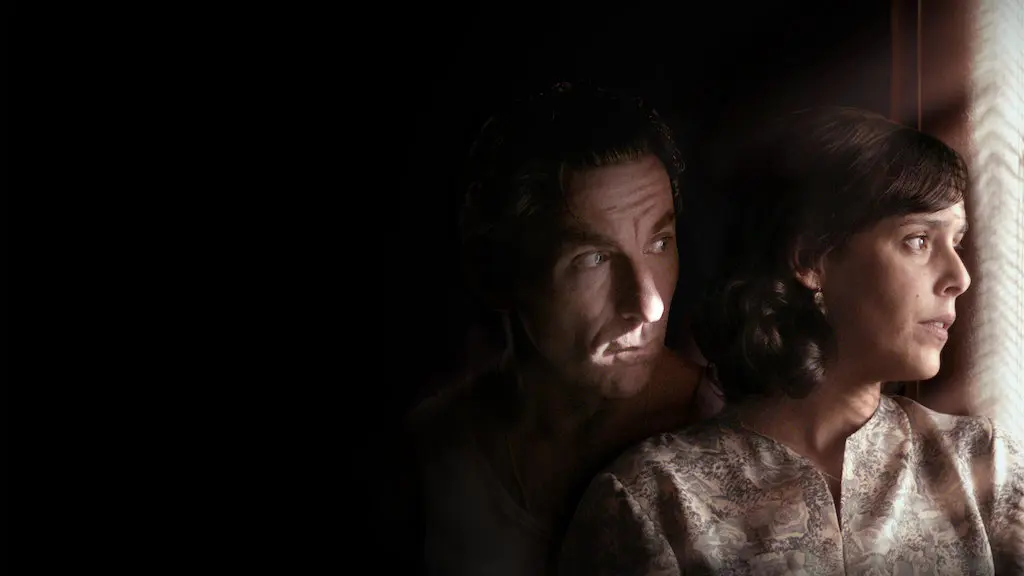Summary
A surprisingly gripping Spanish drama about a man hidden for over 30 years, and the love that shelters him all the while.
The Basque filmmaking team of Aitor Arregi, Jon Garaño, and Jose Mari Geonaga follow Flower and Giant with The Endless Trench, out now on Netflix, which tells the story of a man hiding from Franco’s fascists for more than three decades and the wife who suffers endlessly from his seclusion.
The Spanish-language film is moving and complex in how it blends together a secluded one-location imprisonment story with a relationship drama. There are three directors, but you wouldn’t be able to tell if you didn’t already know – its themes, despite emerging from Spanish history and specific fear of Francoist occupation, are universal examinations of desperation, terror, and love. A global release on Netflix is just what those themes need and indeed deserve, even if a subtitled love story with a vaguely off-putting title will have to compete for attention within the streaming giant’s crowded thumbnails.
But The Endless Trench is deserving of that attention, from its tense opening stretch, in which Higinio (Antonio de la Torre) is pursued by Franco’s Civil Guard and eventually settles, injured and trapped, under the floorboards of his home with his seamstress wife Rosa (Belen Cuesta), to the grim and confined period of imprisonment – physical and psychological – that follows it. Much like how the film merges genres, it also positions real historical details in touching distance of odd, contemporary embellishments; stuff that almost certainly didn’t happen but feels as likely in the context of this film as anything else. It’s a bold decision that plays so naturalistically it’s barely noticeable, but it gives The Endless Trench a slightly off-kilter energy, especially as de la Torre’s character is driven just about mad over time, forced to endure a series of often tragicomic indignities that challenge his perceptions of his own masculinity and idea of what a husband should be.
Cuesta matches de la Torre throughout the film’s two-and-a-half-hour runtime, which is as inoffensive as such a length can get while also being, obviously, a touch overlong objectively speaking. But The Endless Trench crucially never becomes boring, and smartly depicts the passage of time in ways that are effective but don’t try to mimic that sense of long inaction. At its core, this is an unusual and affecting love story that deserves to be seen, and perhaps, thanks to Netflix, it will be.




